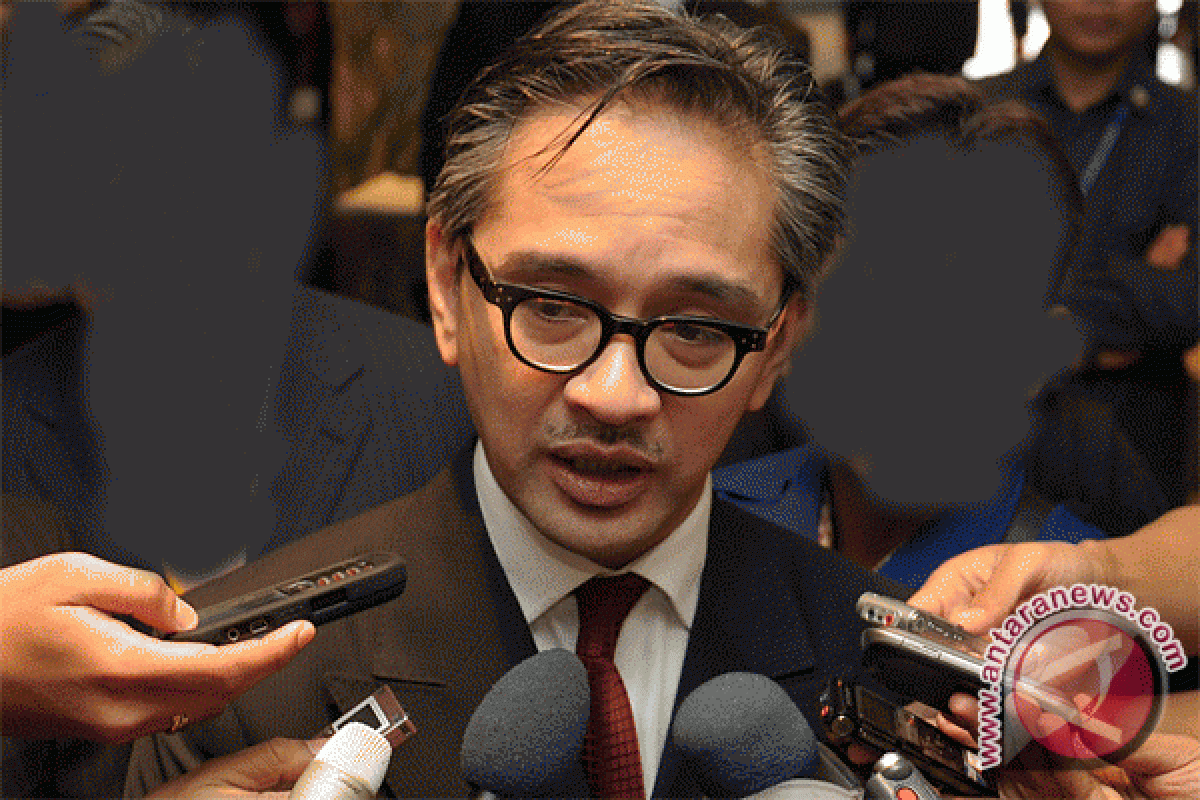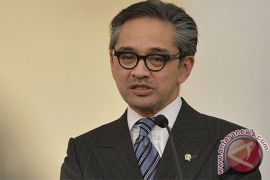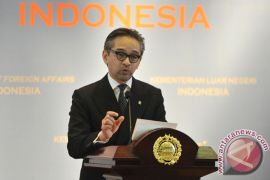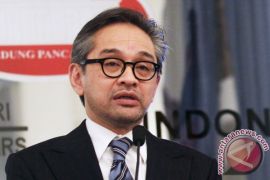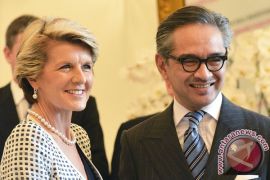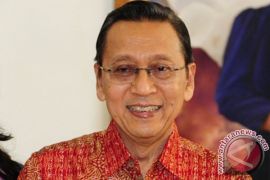"The development of democracy and reconciliation in Myanmar and progress in the discussions on the Code of Conduct on the South China Sea are some of the major issues which will be of great interest to Indonesia in 2012," Foreign Affairs Minister Marty Natalegawa said in his annual speech here on Wednesday.
The minister said it was beyond doubt that significant progress had been made in the democratization process in Myanmar in 2011 compared to previous years.
"Indonesia continuously contributed to the creation of conditions conducive for the political and democratic transformation in Myanmar, including ensuring that Myanmar`s bid to become ASEAN Chair in 2014 served as a positive momentum to present the democratization process in Myanmar from stalling, or worse, from being reversed," he said.
On the South China Sea issue, the minister said Indonesia had shown its capability to manage potential conflict in the South China Sea by working hard to ensure the conclusion of an agreement between ASEAN and China on the Guidelines for the implementation of the Declaration on the Conduct of Parties in the South China Sea.
He said negotiations on the guidelines of the code of conduct in the South China Sea had been ongoing since 2005. With Indonesia`s encouragement and leadership, it was finally concluded in 2011. After the conclusion of negotiations on the Guidelines, upon Indonesia`s initiative, a round of negotiations on the Code of Conduct, which would be more binding than the said Declaration, had been initiated.
"Not only has this effort shown real progress, it also signified a commitment to resort to cooperation and dialogue in managing and resolving issues in the South China Sea," said the minister.
Marty added other foreign policy issues that would be Indonesia`s interest in 2012 were managing potential conflicts in the region, completion of the accession to the SEANWFZ Protocol by the Nuclear-Weapon-States, enhancement of maritime cooperation, implementation of a regional mechanism for disaster management, food security, energy security and economic sustainability of the region.
(T.A051/HAJM/S012)
Editor: Priyambodo RH
Copyright © ANTARA 2012
